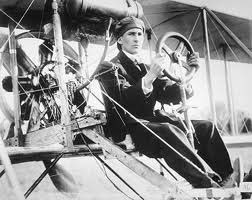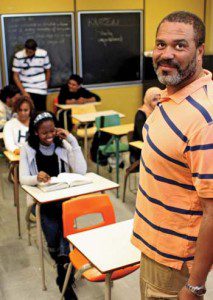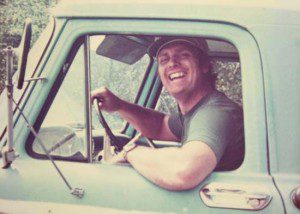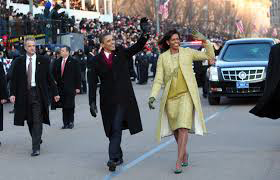It seemed awfully quiet when I got there. I arrived in the middle of the evening, so some of the downtown streets still had shops open. I guess they were hoping for some early December Christmas sales. But there didn’t seem to be much pedestrian traffic where I was. Wind blew snow into drifts as if the place were some forgotten ghost town. The streets were barely ploughed. At any rate, I asked the cabby why things seemed so quiet.
“Harper prorogued Parliament,” he said. “The place is dead.”
I arrived at the scene of the crime – Ottawa – Sunday night, in order to MC an event the following morning at the Canadian War Museum. Unlike the rest of Ontario, the cold along the Ottawa River seemed even chillier than the reading on the thermometer, minus 20. The prime minister had suspended the business of the country and so, it seemed, everybody had gone away. Not on holidays. Not in search of Christmas cheer. The National Capital just seemed to have closed down … indefinitely.
Monday morning, I was up early to get ready for my appointment. I dashed across Dalhousie Street to Dunn’s café, a 24-hour delicatessen in the old Bytown tourist area of downtown Ottawa. Even though the hour was early, I figured this popular eatery would be humming at the beginning of another work week. It wasn’t. The place probably had seating for 300 people, but I might have managed to organize a game of pick-up baseball with the number of patrons present Monday morning. The waiter made the point.
“If they’re not on the Hill, they’re not in here,” he said.
Outside, around downtown Ottawa, I noticed the flags on all government buildings flying at half-staff. At least the city had recognized Pte. Dmetrios Diplaros, Cpl. Mark McLaren and W.O. Robert Wilson – the three Canadian troops killed Friday in Afghanistan. But like the lowered flags, it seemed the entire city had ceased functioning. No street traffic. Half-full buses. Empty sidewalks. We went by Parliament Hill on Confederation Boulevard and not a light, not a footprint, nary a person in sight. I thought of the three men lost overseas and of a House of Commons prorogued, come to a grinding stop, dysfunctional to the point of inaction. What an insult to three men who, I’m sure, never considered abrogating their responsibilities in the face of adversity.
I made my way west of downtown Ottawa and arrived at the Canadian War Museum in anticipation of the event I was invited to MC. Oddly, the museum was actually closed to the public that day too. An employee on duty told me the slowing economy and the present situation in Ottawa had dictated the facility be closed on Mondays, at least for the time being.
Inside the museum at the appointed hour of the press conference, I invited the Dutch ambassador, Wim Geerts, to address a group of students, teachers, veterans and the media present. The ambassador announced that in May 2010, Holland would once again roll out the welcome mat for thousands of Canadians as his homeland will celebrate the 65th anniversary of liberation from German occupation. Joining the ambassador on the podium was retired Port Perry High School history teacher Dave Robinson.
“More than 42,000 Canadian soldiers lost their lives in the Second World War,” he said, “including 7,600 liberating the Netherlands.”
Robinson turned to three students beside him at the lectern and asked them to show the press conference the newly created symbol for the upcoming EF Education tour. The three students each put a hand forward – palm to the audience – and the three hands side-by-side with fingers splayed created a maple leaf configuration. Robinson, who has organized student tours to Juno Beach, Hong Kong, Vimy Ridge and Ortona, Italy, explained that he hoped more than 5,000 Canadian students would take up the challenge and travel to Holland “as a gesture of remembrance.”
When it came time for MP Rick Dykstra (joined by House Speaker Peter Milliken, the only two politicians choosing to attend the event) to speak, he told the story of his own parents emigrating from Holland after the war to Canada. He echoed his parents’ gratitude for Canadians liberating their country in 1945 and hoped “the torch of freedom…be passed from one generation to another.”
He also felt compelled to address the events of the past week in Ottawa. He suggested they were not the norm and hoped more appropriate behaviour would come to the Commons in 2009.
For the sake of the national economy, the reputation of Parliamentarians, not to mention the (now dormant) city of Ottawa, I hope he’s right.




